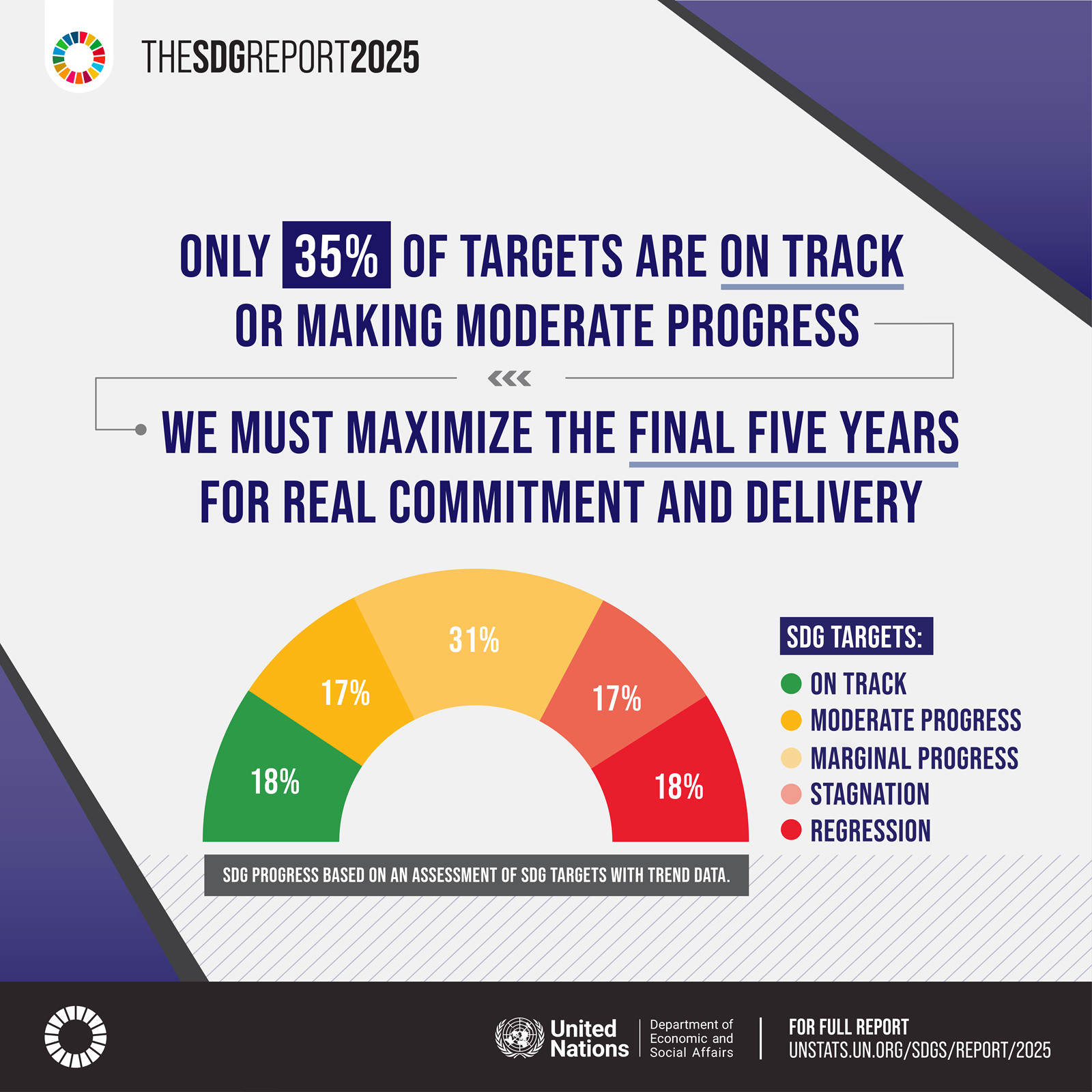In East Africa, football is more
than a sport—it's a cultural force that unites millions across borders,
classes, and generations. Major football tournaments, especially the TotalEnergies
CAF African Nations Championship (CHAN) 2024, command national attention
and emotional investment.
The Confédération Africaine de
Football (CAF) officially launched CHAN 2024 under the banner PAMOJA, a Swahili term meaning unity.
According to CAFOnline.com, this edition of CHAN will be the largest ever,
featuring nineteen teams. For
the first time in history, it will be co-hosted
by Kenya, Uganda, and Tanzania, with matches played in Zanzibar City,
Dar es Salaam, Kampala, and Nairobi from 2 to 30 August 2025.
More than a slogan, PAMOJA
embodies togetherness, shared ambition, and solidarity. It reflects the values
that football embodies—teamwork, collaboration, and unity. In the same
spirit, CHAN 2024 presents a rare and
timely opportunity to address East Africa’s pressing environmental and
climate challenges. The tournament can serve as a powerful vehicle to promote citizen-led environmental consciousness,
sustainable consumption, and grassroots climate action.
A Platform for Environmental
Awareness
Tournaments like CHAN 2024
attract millions of viewers across the continent, offering unparalleled visibility for climate-related
messaging. Environmental campaigns can be integrated into match
broadcasts, stadium branding, merchandise, and fan zones. Messages on reducing
plastic use, conserving water, and climate resilience could be shared during
halftime or pre-match programming (UNEP, 2021).
Footballers—widely admired across
East Africa—can act as climate
ambassadors. Players from Kenya, Uganda, and Tanzania could use their
platforms to promote sustainable habits, such as using public transport,
planting trees, and conserving energy. When these influencers advocate for the
planet, fans are far more likely to follow (UNFCCC, 2022).
Modelling Sustainable
Consumption
CHAN 2024 offers a stage to demonstrate real-world sustainable practices.
CAF and local organisers ought to:
- Ban single-use plastics and/or promote their
responsible disposal
- Promote reduction, recycling, and reuse of waste; and highlight other eco-friendly practices
in places where fans, footballers and officials will be accommodated.
- Power stadiums with solar energy and incorporate
energy efficiency and conservation equipment, and highlight good practices
- Offer locally sourced foods (especially plant–based)
in support of the host economies
These actions can educate fans
and vendors about the feasibility of
low-impact living (CAF, 2022). Uganda’s stadiums could partner with
eco-startups for biodegradable food packaging. Kenya might pilot clean energy
buses for transporting fans. These are not just ideas—they’re scalable
solutions.
Mobilising Grassroots Climate
Action
Football can catalyse community-led environmental action.
Local fan festivals that build on national-level momentum in the 3 host
countries can include:
- Tree planting drives, for example, taking advantage
of the Running out of Trees (ROOTs) Campaign in Uganda, whose ambition is
to plant 40 Million Trees per year until 2026 for the first phase of the
programme.
- Waste clean-ups, efficient water use and heightened community awareness to have clean and safe water in urban neighbourhoods
- Youth climate workshops and barazas in support of greener enterprises and practices
This strengthens community
ownership of environmental solutions (Green Africa Foundation, 2023). Moreover,
all nineteen teams in the CHAN 2024
finals, guided by CAF, could adopt an Environmental Charter in the spirit of PAMOJA, committing
to sustainability on and off the pitch. After all, the triple planetary
crisis—climate change, biodiversity loss, and pollution—won’t wait for us. We
must act together, now. This should be treated in the same way as fair play,
where a set of ethical principles and values guides players, coaches,
officials, and fans to ensure a positive and respectful environment within football
as a sport.
Driving Long-Term Change
To ensure lasting impact, East
Africa’s football federations should collaborate
with environmental NGOs, ministries, and international frameworks like
the UN’s Sports for Climate Action Framework (Sport and Dev, 2022).
Action areas include:
- Building green stadiums and other sports platforms
in terms of energy, water and other resource use, sustainable consumption practices,
and offering learning opportunities for all fans and other stakeholders
during CHAN and other sports events.
- Embedding climate education in CHAN and other sports
tournaments’ programming
- Promoting sustainable consumption at all levels of
the sport during CHAN and other national and regional sports tournaments
By institutionalising
sustainability, CHAN 2024 can set a precedent for climate-smart sports across the continent.
Conclusion
The TotalEnergies CAF CHAN
2024 is more than a celebration of African talent. It is a historic opportunity to show how
football—East Africa’s most beloved game—can lead the way in tackling climate
change and environmental degradation. Through unity (PAMOJA), football
can inspire millions to build a greener, more sustainable future—and redefine
what winning looks like, on and off the pitch!
References
- UNEP. (2021). Playing for the Planet: How Sports
Can Deliver on Climate Goals. unep.org
- UNFCCC. (2022). Sports for Climate Action
Framework. unfccc.int
- TotalEnergies CAF African Nations Championship (CHAN) 2024
- CAF. (2022). CAF Environmental Sustainability
Guidelines.
- Green Africa Foundation. (2023). Community
Environmental Outreach through Sports.
- Sport and Dev. (2022). Sport and the Sustainable
Development Goals. sportanddev.org


No comments:
Post a Comment